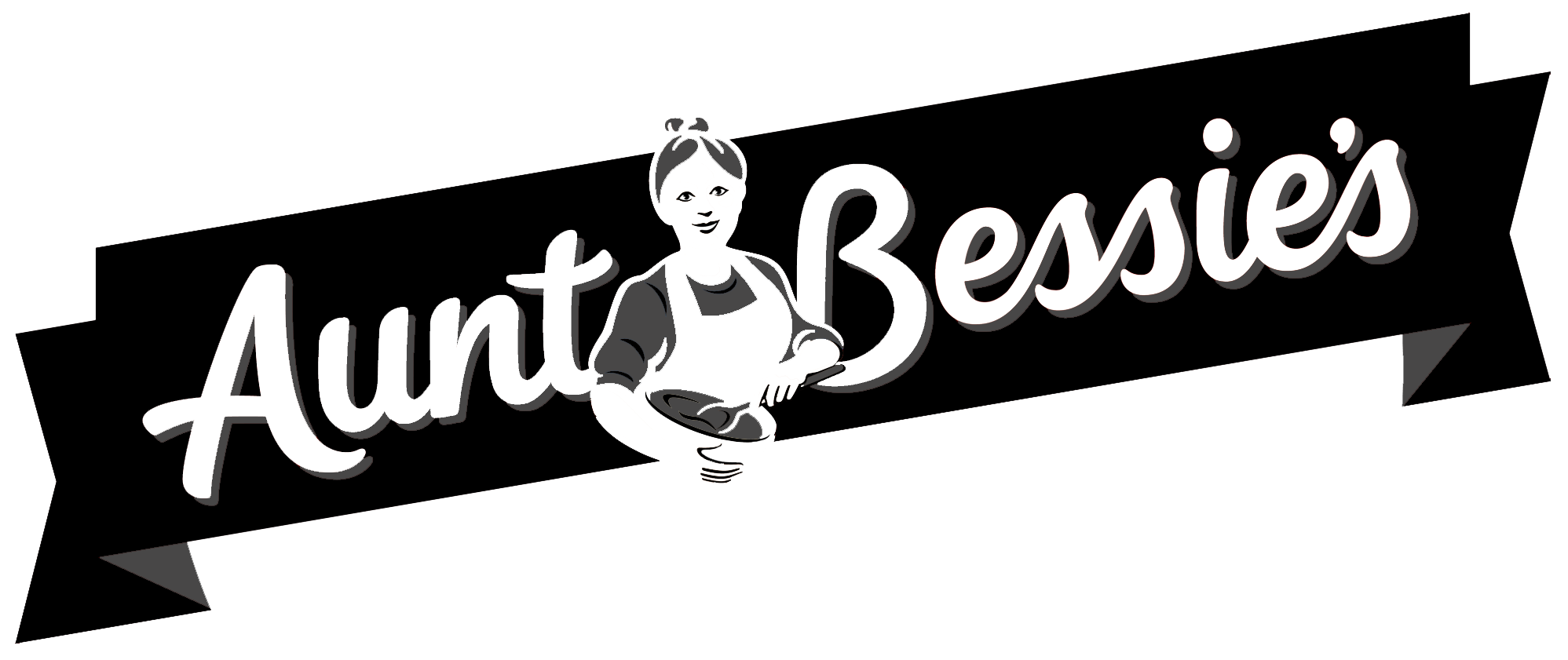Cas’s blog - ‘Right’ around the block again!
I think I’m experiencing déjà vu this week. Either that or the facts divulged so far in the case of Mary Onuoha v Croydon Health Services NHS Trust are sadly lacking in detail, or somehow being lost in press translation.
Mary Onuoha, is bringing a claim against the Trust, which is currently being heard at London South employment tribunal. According to reports so far, she claims that the Trust’s requirement for her to remove her cross on a necklace, or to place it under her uniform, while in an operating theatre amounted to religious discrimination.
So why my reference to déjà vu? Well, you may remember that back in 2010, Shirley Chaplin, a nurse and a devout Christian, brought a claim of indirect discrimination against Royal Devon and Exeter NHS Trust Hospital when she was asked to wear her necklace with a cross under her uniform for health and safety reasons. When she refused, she was transferred to a desk job. At tribunal the Trust successfully argued that the requirement was proportionate to maintaining the health and safety of patients and hospital staff and did not amount to discrimination.
Chaplin’s case was later brought before the European Court of Human Rights (ECtHR), along with three other cases concerning Christian beliefs, including that of Nadia Eweida who had unsuccessfully claimed that British Airways has discriminated against her for not allowing her to wear her cross outside her uniform when other members of staff were allowed to manifest their religious beliefs by wearing hijabs, turbans, and other outward signs of their religion.
British Airways argued that there was a difference between allowing religious symbols to be worn that were required as a religious observance as opposed to ‘jewellery’, which is symbolic of a religious belief.
The ECtHR declared that the UK Government had failed sufficiently to protect Nadia Eweida’s human right to manifest her religion. Although the wearing of a cross was not an observance for Christians, the symbol of the cross is so entwined with Christianity that it should be treated as if it were.
However, Chaplin’s case failed on the basis that although she had the right to manifest her religion, because she was a nurse health and safety concerns outweighed that right.
So perhaps I’m missing something in the Onuoha case and it is far more nuanced than we are currently led to believe from recent reports? For example, if other clinical staff are allowed to wear jewellery in clinical settings, because of their religious observances, then perhaps Onuoha has a good point.
On the subject of human rights, it appears that the Government is planning (once again) to replace the Human Rights Act with a British Bill of Rights. Under that system, the UK Supreme Court would have the final say over the ECtHR in Strasbourg. The Ministry of Justice is due to complete a consultation by the end of the year, with the aim of having the new rights legislation on the statute book by the end of 2022.
We’ll see.





